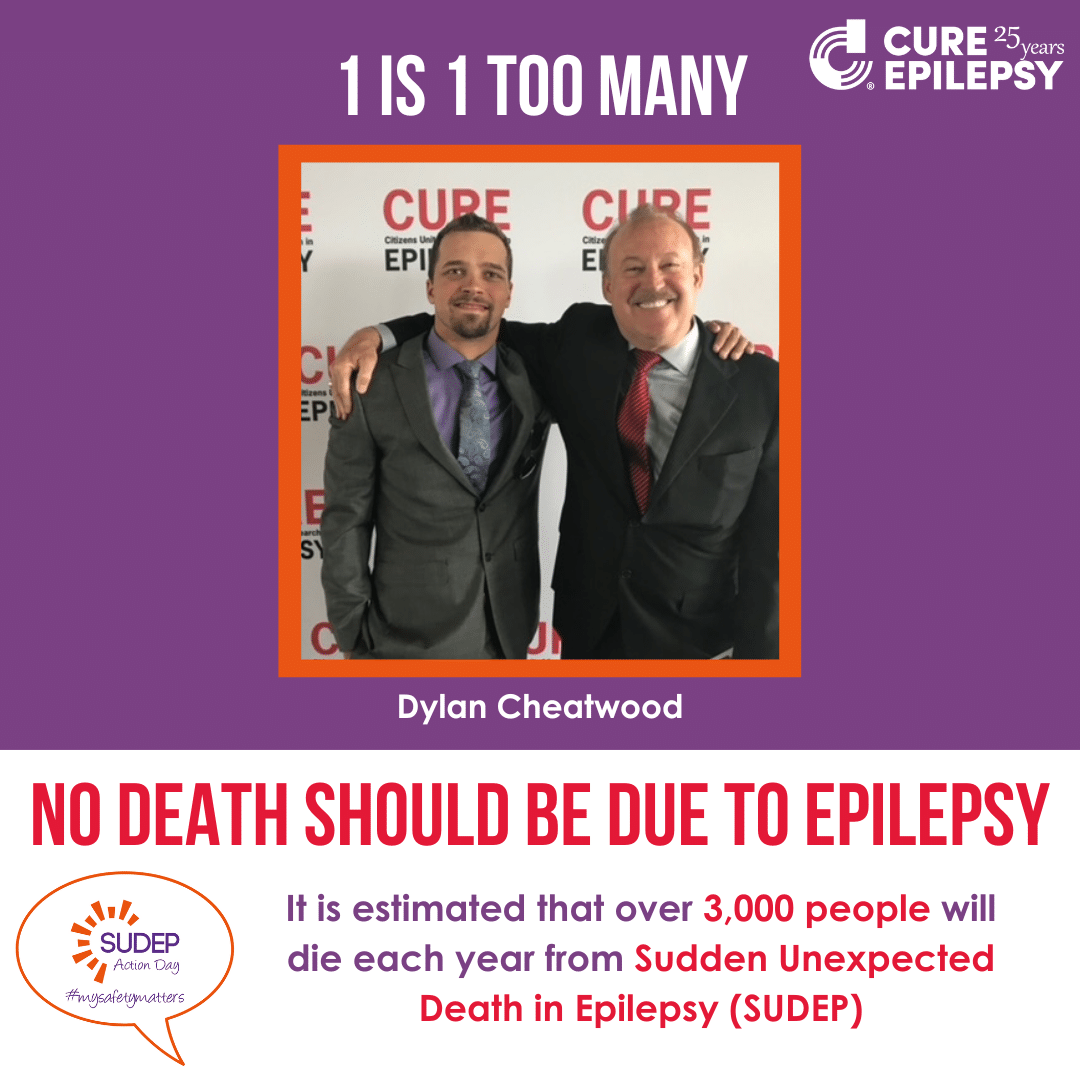Clinical Risk Factors in SUDEP: A Nationwide Population-Based Case-Control Study
January 31, 2020
In this nationwide case-control study performed in Sweden, researchers tested the hypothesis that specific clinical characteristics are correlated with a heightened risk of sudden unexpected death in epilepsy (SUDEP).
Using medical records and the National Patient Register, they obtained data from 255 SUDEP cases (definite and probable) and 1,148 matched controls. A 27-fold increased risk was observed in correlation to experiencing generalized tonic-clonic seizures (GTCS) during the preceding year, whereas there was no excess risk in those with exclusively non-GTCS seizures.
A 15-fold risk was observed in correlation with the presence of nocturnal GTCS during the last year of observation. A 5-fold increased risk of SUDEP was observed in correlation with living alone and as per interaction analysis, the combination of not sharing a bedroom and having GTCS conferred an OR (odds ratio) of 67.10, with AP (attributable proportion due to interaction) estimated at 0.69. Excess risk of SUDEP was observed in correlation with a previous diagnosis of substance abuse or alcohol dependence among comorbid diseases. Results suggest that among patients who have GTCS and live alone, 69% of SUDEP cases could be averted if the patients were not unattended at night or were free from GTCS.






